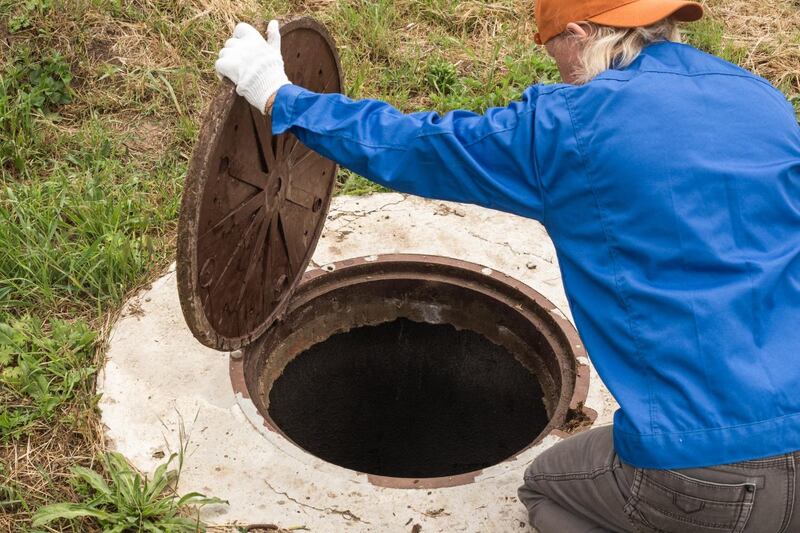Are All Types of Toilet Tissue Safe for Use in a Septic System?
Read More
Schedule Online
919-446-4099

Mar 31, 2024
Septic tank installation is a major project that is necessary for houses that are not linked to municipal sewer systems. This process involves careful planning, adherence to regulations, and the expertise of a reliable septic company. It's important to comprehend the basics of septic systems and the installation procedure before getting started.
In this blog post, our professionals from Septic Blue of Raleigh will dive into what you need to know about a septic installation.
Selecting the ideal septic firm is essential to the installation's success. Seek out a business that is reputable, has experience in the industry, and is dedicated to producing high-quality work. Ask friends or neighbors who have had similar installations for advice, look up their track record online, and read reviews. A trustworthy septic firm will help you with the installation procedure, providing advice and suggestions specific to the requirements of your site.
A comprehensive evaluation of your property is required prior to installation starting. What kind of soil you have, how much groundwater is there, and how much space you have available will all affect where and how your septic system is installed. A professional evaluation can guarantee that your septic tank is operating at its best and that local requirements are being followed.
Excavation is usually the first step in the installation procedure since it makes a suitable area for the tank and drain field. After that, the tank is carefully installed and linked to the home's plumbing system. For the system to operate effectively and last a long time, proper alignment and orientation are essential. The drain field is created after the tank has been built, enabling the safe release of wastewater into the surrounding soil.
For the system to remain functional and healthy, regular septic tank pumping is necessary. Solid trash builds up in the tank over time, lowering its capacity and impeding effective wastewater treatment. Routine pumping, performed by a professional septic company, removes these solids, preventing backups and system failures. Experts advise pumping every three to five years, although the frequency of pumping varies on a number of factors, including household size, usage, and tank size.
Septic tanks may eventually need repairs even with routine maintenance. Common problems like leaks, cracks, or obstructions can endanger the environment and reduce the system's effectiveness. It is imperative to promptly attend to any necessary repairs in order to avert more harm and guarantee the continuous operation of your septic system. Reputable septic companies are able to evaluate the issue, provide recommendations, and carry out repairs with skill and accuracy.
For the system to operate at its best, frequent septic tank cleaning is just as important as pumping. Cleaning prolongs the life of your septic tank by removing layers of accumulated sludge and scum. Expert cleaning services use specific tools and methods to fully clean the tank, preserving its functionality and averting expensive repairs.
Are you in need of a trusted septic company? Luckily, we at Septic Blue of Raleigh have dedicated workers ready at your service. Contact our representatives for more questions.